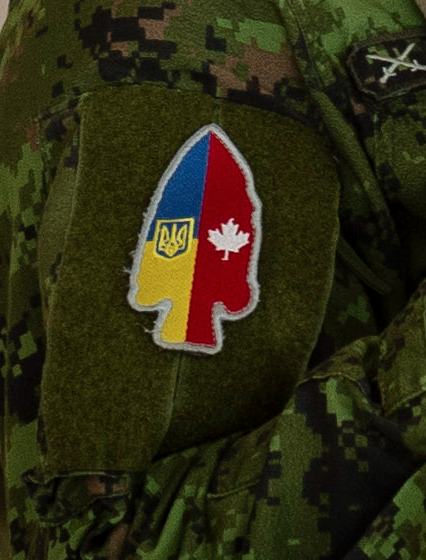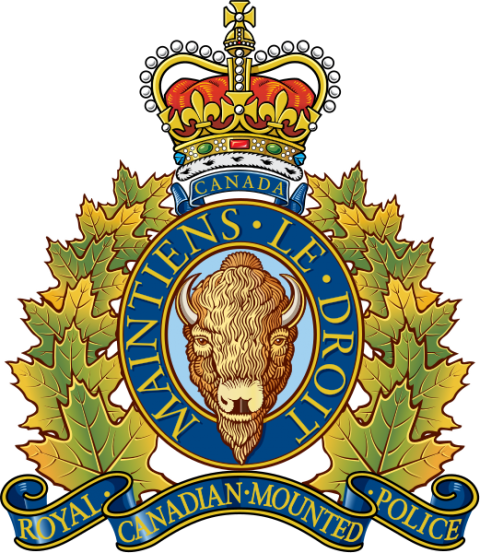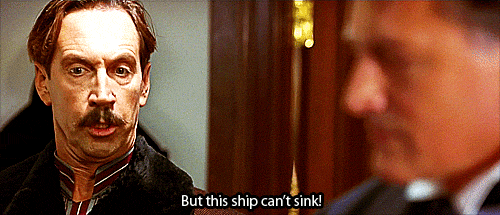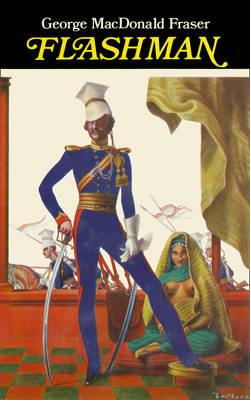Is it hard to figure out why the Canadian Armed Forces are having recruiting shortfalls when they can’t even manage to feed the troops they send overseas to train Ukrainian soldiers?

Operation Unifier shoulder patch for Canadian troops in Ukraine.
Detail from a photo in the Operation Unifier image gallery – https://www.canada.ca/en/department-national-defence/services/operations/military-operations/current-operations/operation-unifier.html
The Canadian soldiers are in Poland to train Ukrainian military personnel but since Canada did not send military cooks on the mission, the troops were told to eat at local restaurants.
But there is a massive backlog with the Canadian Forces reimbursing the soldiers for those costs, sending some of them thousands of dollars into debt. Their families contacted this newspaper to complain about the situation they say is causing financial stress at home.
After this newspaper [the Ottawa Citizen] inquired about the situation, the Canadian Forces confirmed Monday that there are problems with payments of per diems and the reimbursement of other expenses. The Canadian Forces is now promising to speed up the process.
“We apologize to the members and their families for the distress this has caused, and thank them for their patience,” said Capt. Nicolas Plourde-Fleury, spokesman for Canadian Joint Operations Command (CJOC). “We want them to know we have implemented measures to better support them moving forward.”
Approximately 100 Canadian military personnel are currently serving in Poland as part of a contingent to train Ukraine troops. The first arrived in October 2022 but the mission added more personnel in February and March.
As part of Operation Unifier, the Canadian soldiers are providing training in basic and advanced engineering skills, the use of explosives for demolition work, demining and skills relating to the use and operation of the Leopard 2 tanks in combat.
The Canadian Forces usually has its own cooks to provide troops with food. But in this situation, the Canadians initially received their meals from the Polish military. Later, the Canadian soldiers were told to eat in local restaurants and they would be reimbursed by the Canadian Forces.






